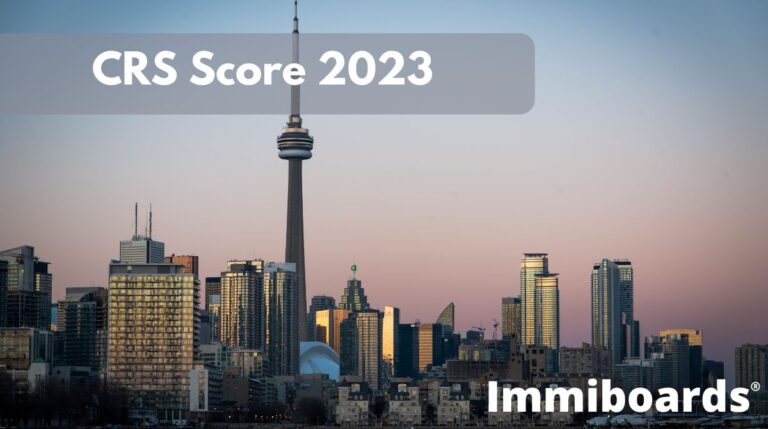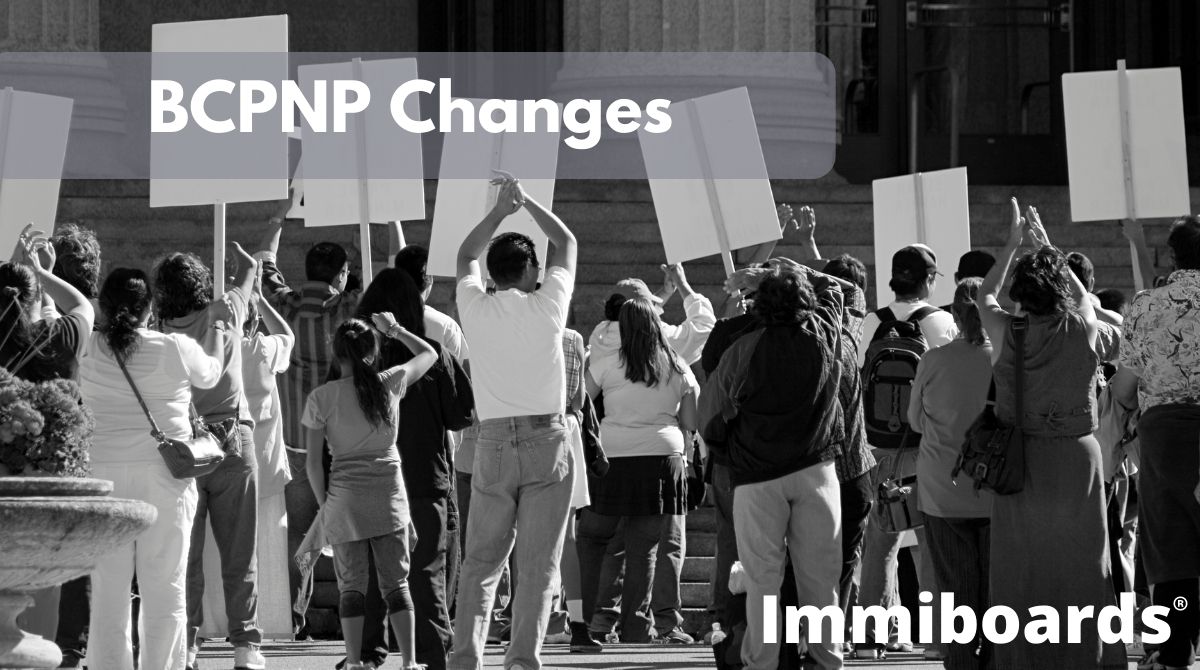Canada is one of the most desirable destinations for individuals seeking permanent residency (PR) due to its excellent quality of life, robust economy, and diverse cultural landscape. To facilitate the selection of skilled immigrants, Canada employs the Comprehensive Ranking System (CRS), which assigns points to candidates based on various factors.
The CRS score is a crucial determinant for obtaining an Invitation to Apply (ITA) for Canadian PR. As we enter 2023, let’s explore what constitutes a good CRS score and its significance for individuals aspiring to settle in Canada.
Understanding the Comprehensive Ranking System (CRS)
The CRS is a points-based system implemented by Immigration, Refugees and Citizenship Canada (IRCC) to evaluate and rank candidates for economic immigration programs, such as the Federal Skilled Worker Program (FSWP), Federal Skilled Trades Program (FSTP), and Canadian Experience Class (CEC). The CRS assesses applicants based on various factors, including age, education, language proficiency, work experience, and adaptability.
Components of the CRS Score
The CRS score is composed of two major components: the core human capital factors and additional factors. The core human capital factors account for a maximum of 600 points, while the additional factors contribute a maximum of 600 points. The total CRS score combines both these components to provide a candidate’s overall ranking in the Express Entry pool.
The core human capital factors include:
- Age: Younger applicants receive higher points, with individuals between 20 and 29 years of age being awarded the maximum points.
- Education: Higher levels of education, such as a master’s or doctoral degree, earn more points. A bachelor’s degree or diploma is also awarded points, albeit fewer.
- Language Proficiency: Proficiency in English and French is evaluated through language tests such as IELTS or CELPIP. Higher language scores equate to more points.
- Work Experience: The number of years of work experience in a skilled occupation determines the points awarded.
- Adaptability: Factors such as Canadian work experience, spousal language proficiency, or having a sibling in Canada can contribute to additional points.
The additional factors comprise:
- Provincial Nomination: Obtaining a nomination from a Canadian province or territory can add significant points to the CRS score.
- Canadian Job Offer: A valid job offer from a Canadian employer in a skilled occupation can boost the CRS score.
- Study in Canada: Completing an eligible educational program in Canada can contribute to additional CRS points.
- French Language Proficiency: Proficiency in French, in addition to English, can provide extra points.
CRS Score Requirements for Canada PR in 2023
The CRS score requirements for Canada PR in 2023 are subject to change based on the needs and priorities of the Canadian government. The CRS score cut-off is determined by the number of ITAs issued in each draw and the size of the Express Entry pool. Historically, candidates with higher CRS scores have had a better chance of receiving an ITA. However, the specific score required for successful immigration varies with each draw.
While there is no fixed definition of a “good” CRS score, it is generally advisable to aim for a high score to enhance the probability of receiving an ITA. In the current year, the CRS score cut-offs has ranged from approximately 480 to 500 points, but it can fluctuate depending on the demand for skilled workers.
Candidates can improve their CRS scores by taking steps such as:
- Enhancing Language Proficiency: Investing time and effort to improve language skills in English and French through language courses or practice.
- Gaining More Work Experience: Accumulating additional years of work experience in a skilled occupation, preferably in Canada.
- Pursuing Further Education: Obtaining higher levels of education, such as a master’s or doctoral degree, to increase CRS points.
- Securing a Provincial Nomination: Exploring provincial nomination programs that align with one’s qualifications and work experience.
- Enhancing Adaptability Factors: Identifying opportunities to strengthen adaptability factors, such as gaining Canadian work experience or improving the language skills of a spouse.
Conclusion
A good CRS score required for Canada PR in 2023 depends on the cut-off scores set by IRCC during Express Entry draws. While aiming for a high CRS score is advantageous, it is important to understand that the requirements can vary with each draw. Calculate your CRS Score today!
Aspiring immigrants should focus on improving their core human capital factors, explore opportunities for additional points, and stay updated with the latest information from IRCC to maximize their chances of receiving an ITA. Keep checking the Express Entry Draw Results page every week.






